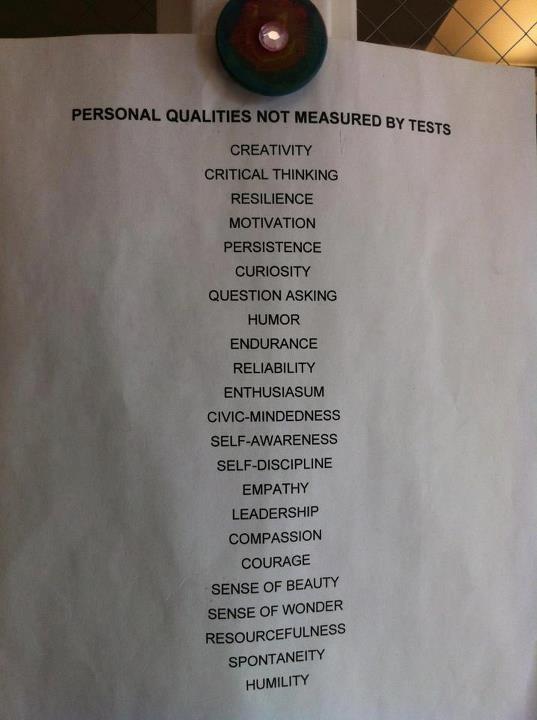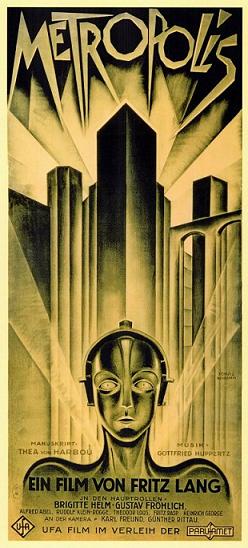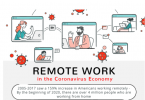aNewDomain.net — The future may hold a slew of robots that can accomplish a human’s daily tasks with ease and precision. I’ve already discussed the seven jobs that are evaporating as we speak.
But bots won’t take over everything. They can’t. There’s more to work — real work — than a bot ever could handle. And there are human traits no amount of AI will emulate, at least not in the imaginable future.
Ask yourself: What is the relative advantage humans have, over the robots that could replace our workers? The answer lies within the creative process of innovation and with the emotional intelligence humans bring to the party. These are the two key characteristics that make human-to-human work essential.
Emotional intelligence and IQ aren’t needed in bot-to-bot environments. Despite the exponential growth of AI, the reading and creation of distinct emotions are not possible for robots, and likely won’t be.
Future Jobs
Clearly, boring and repetitive jobs are heading to bots — and quickly. In the Age of The Second Machine, MIT’s Erik Brynjolfsson argues we are entering a new age of economic activity dominated by smart machines and computers. Neither dystopian or utopian, Brynjolfsson sees this new age as one of possibility and one of challenge.
Brynjolfsson is optimistic that, with the right choices and policy responses, the future will have much to celebrate. Yet we still need to proceed with caution and awareness. The world as described by George Orwell’s dystopian novel, Nineteen Eighty-Four, still looms large. It remains a frightening and possible outcome among many.
When wages for many types of workers fall faster than the price of goods and services, you end up with a job market that no longer sustains them. The outcome for those individuals won’t be pleasant. They’ll stop working — not because they’re satiated and fulfilled — but because machines will at that point be better able to do what they do. And at a lower cost. That fundamentally changes whole sectors of the job market.
Yet characteristics that specifically highlight your humanness will become key in the years ahead. New careers will emerge.
The differentiating factor that can’t be tested or programmed — the factor that will allow you to secure a job — will be your human persona. Your curiosity, motivation and humor will make the critical difference for you in the new economy.
Here is a handy list that the best algorithm and source code developers can not quantify for machines. These are personal qualities quantitative tests just don’t measure well.

Photo credit: undogmaticunschoolers.wordpress.com, a Montessori publication.
The Economist addresses the future of jobs in this article:
For those, including this newspaper, who believe that technological progress has made the world a better place, such churn is a natural part of rising prosperity. Although innovation kills some jobs, it creates new and better ones, as a more productive society becomes richer and its wealthier inhabitants demand more goods and services. A hundred years ago one in three American workers was employed on a farm. Today less than 2 percent of them produce far more food. The millions freed from the land were not consigned to joblessness, but found better-paid work as the economy grew more sophisticated. Today the pool of secretaries has shrunk, but there are ever more computer programmers and web designers.”
Whatever job you have now, think about the skills you use. Are they programmable? Will robots do what you do in the future? If so, cultivate the qualities on that list. Think creatively and, if you need to, think strangely. Because it’s a strange world, indeed, and it’s getting exponentially stranger.
For aNewDomain.net, I’m David Michaelis.
Based in Australia, David Michaelis is a world-renowned international journalist and founder of Link Tv. At aNewDomain.net, he covers the global beat, focusing on politics and other international topics of note for our readers in a variety of forums. Email him at DavidMc@aNewDomain.net.














[…] Earlier this week, I wrote about seven jobs that are going away fast. Bots are taking them over. I followed that up with an essay about how artificially intelligent machines will never emulate the … Creative people will retain creative jobs. And there will be new jobs to do, […]